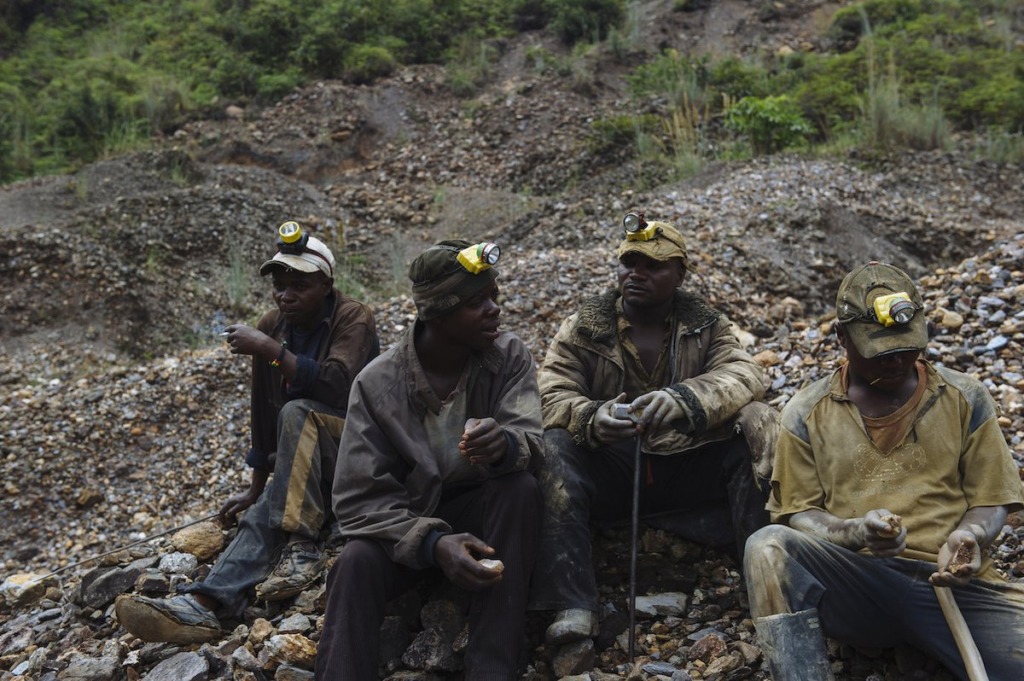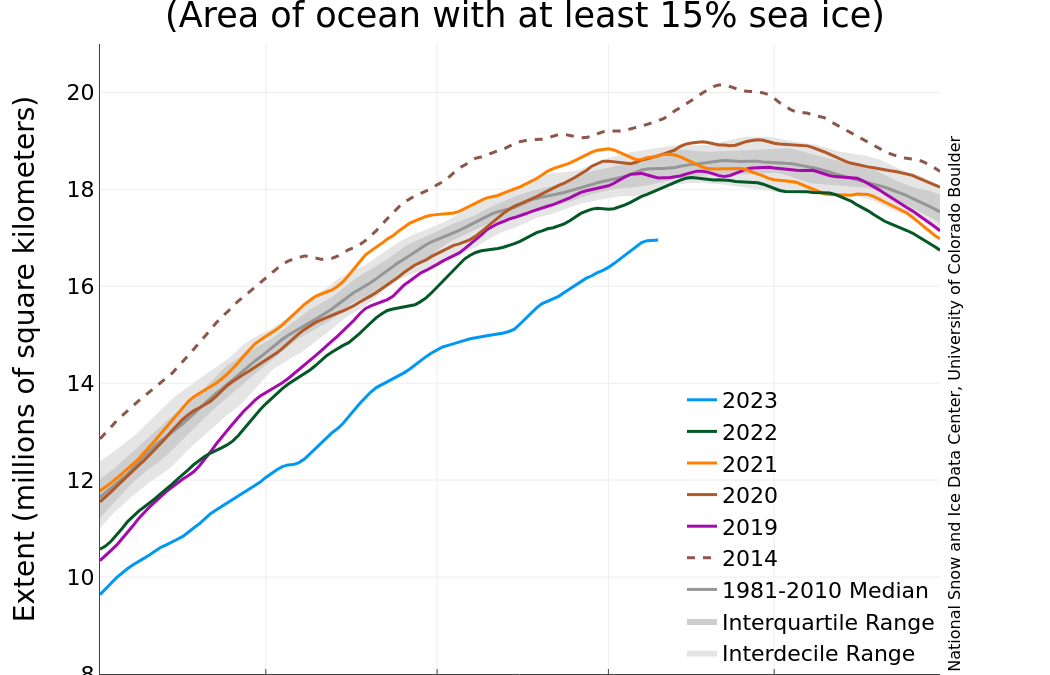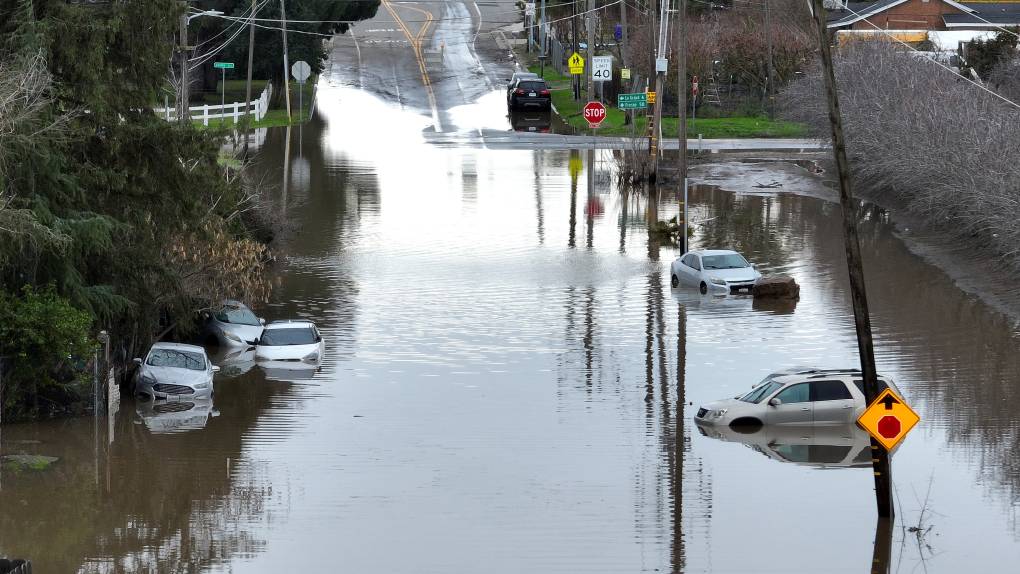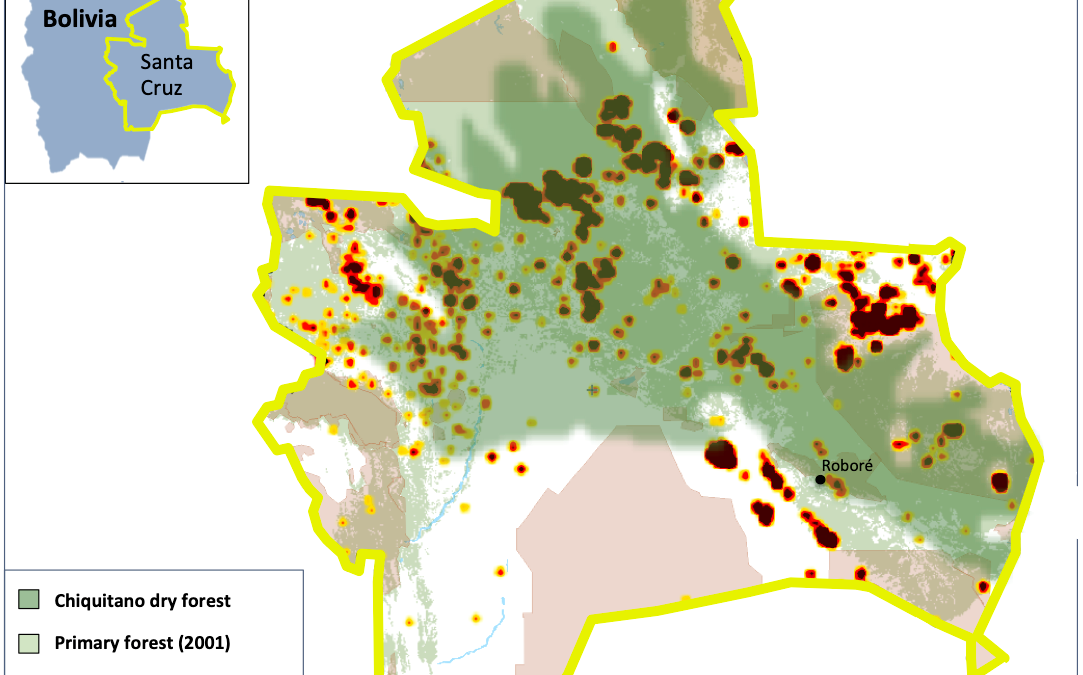Transition minerals: A climate solution that could cost the earth – “We need a just, fair, and equitable transition from fossil fuels to renewables”

10 July 2024 (Global Witness) – Renewable energy is often hailed as a panacea for the energy crisis. But without better consultation and regulation, plans to expand mining for minerals central to the energy transition could be disastrous for people and the planet.
To tackle the climate crisis, we need to transition away from fossil fuels and towards renewable energy sources.
Transition minerals – such as cobalt, nickel, lithium, copper, and rare earths – are used in components of renewable technologies such as electric vehicles, solar panels and wind turbines. Consequently, they are in huge demand as part of the global energy transition.
What are transition minerals?
The International Energy Agency (IEA) states that if we are to reach the Net Zero Emissions by 2050 scenario – the pathway for the global energy sector to achieve net zero CO2 emissions – demand for transition minerals will more than triple by 2030, reaching over 30 million tonnes.
As a result, an unprecedented scaling up of mining activities is underway. But what does this mean for mining-affected communities and what impact does this have on the wider environment?
A global rush for minerals
In the wake of an increasingly desperate climate crisis, global leaders have set ambitious targets to move away from fossil fuels and towards renewable energy sources.
China continues to dominate the renewables energy market. According to the International Energy Agency, China commissioned as much solar PV energy in 2023 as the entire world did in 2022, while its wind additions also grew by 66% year-on-year.
The US, EU and other major nation states have struggled to keep up and are now rushing to sign strategic partnerships and trade deals and to establish their own supply chains with resource-rich countries to secure a steady source of transition minerals.
At COP28, UN chief António Guterres described the transition away from fossil fuels as “inevitable” and called for a just energy transition:
“COP28 must commit countries to triple renewables capacity, double energy efficiency and bring clean energy to all by 2030 … We need a just, fair, and equitable transition from fossil fuels to renewables.”
But if the energy transition is to live up to these ambitions, the voices of communities affected by mining for these minerals must be heard and not drowned out in political greenwash.

Who really benefits from the energy transition?
The rush for transition minerals is often described as an opportunity for resource-rich countries to transform and diversify their economies.
Mining can be an extremely lucrative business, but power and profit usually lies in the hands of unscrupulous extractive companies.
Some resource-rich countries lack the processing capacities required to add value and advance up the value chain.
For example Africa has over a fifth of the world’s reserves for minerals that are essential to the energy transition, including 19% of those required for electric vehicles.
However, the processing of these minerals – where they are turned into batteries and other components, and where “value” is added and profit is made – is not usually done locally.
Furthermore, “value addition” for communities is often framed by politicians and industry executives in terms of financial gains through increased payments and revenue sharing.
This is an overly simplistic view that fails to take into account the views of resource-rich countries and local people.
The focus must instead shift to tangible, sustainable benefits that enhance the lives of mining-affected communities and protect the natural environment.
Regulation, accountability and consultation must be the bedrock of a just transition
If we are to achieve a just energy transition, the extractive industry will need to change its ways.

At Global Witness, our investigations have repeatedly revealed how mining corporations are complicit in corruption, human rights abuses, and environmental destruction.
Stronger regulations and best practice need to be implemented to reduce the environmental and social impacts of mining for minerals that are critical to the energy transition.
We need effective and binding mechanisms that hold the mining industry, governments and legislators to account for the impact they have on communities and the environment, and to also tackle corruption in supply chains.
However, there should also be concerted efforts by governments, especially in developed countries, to reduce energy use and the overconsumption of transition minerals, and to enable access to clean energy for all.
To ensure a just and equitable energy transition, world leaders, policy makers and the extractive industry must listen to the voices of those most affected.
The perspectives of resource-rich countries, local communities and mine workers must be fed into government policies and corporate regulations and practices along the entire mineral supply chain.
The expansion of mineral production should benefit mineral-rich countries and not come at the expense of people or the planet.
Transition minerals: A climate solution that could cost the earth


